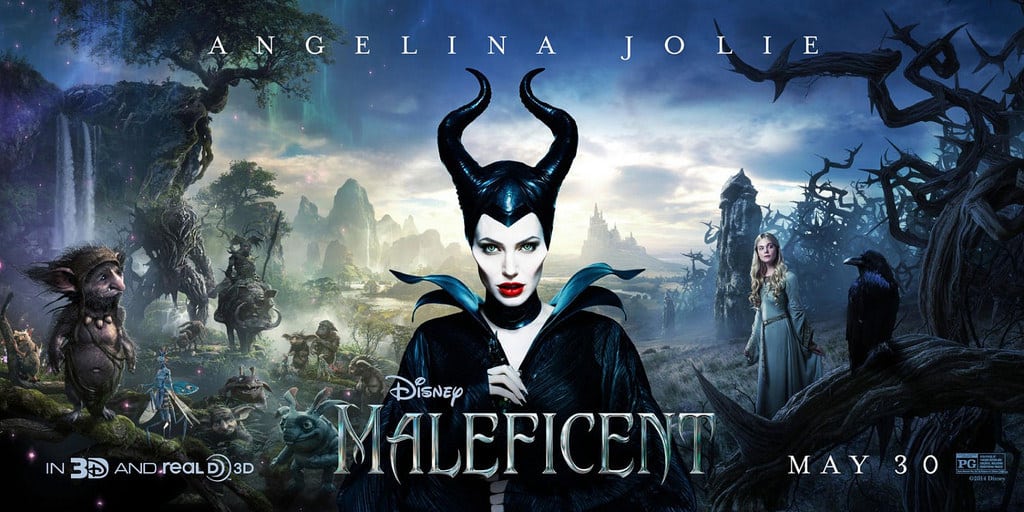
7 Tools to Hook Your Reader
Looking to master “the hook”? Check out these seven tips from an author who has published over 40 books.

Looking to master “the hook”? Check out these seven tips from an author who has published over 40 books.

Sunday was one of those rare days in Denver where it rained all day long, which completely justified my decision to lay on the couch, order takeout, and watch Netflix all day. My roommate and I finished the evening with a viewing of I Love You, Man, which I had never seen and am so glad I watched. Paul Rudd and Jason Segel are America’s boyfriends.
The main three relationships of the movie are a twist on a classic rom-com trope called the love triangle, with Paul Rudd trying to become friends with Jason Segel while planning his wedding to Rashida Jones. It’s highly entertaining, but it made me think about other plays on the classic three-character relationship models.

Maleficent. Elphaba. Regina. There’s a reason these new spins on classic stories are so popular. These stories make for an intriguing new look at something old and familiar—one that forces us to reconsider the villain. We can all take a lesson from this villain-as-hero trend.
How do you create rich, compelling villainous character? The answer is easy: Empathy.

Adaptations of classic stories are everywhere. Beyond the usual adaptations of Romeo and Juliet and Macbeth, some versions give more modern adaptations of the text. For example, everyone’s favorite teen movie of 1999, 10 Things I Hate About You, is based on William Shakespeare’s The Taming of the Shrew.
Why write a modern adaptation of a classic story?

We all know the adage “write what you know.” It’s good advice. It’s a solid approach to relatable characters and descriptions that feel real.
But when it comes to themes, this is not good advice. When it comes to themes, write what you don’t know. In fact, it’s one of the best paths to a key element of great fiction: complexity.

Good things supposedly come in threes, right? Whatever your numerical fave is, grab all your literary vitamins because today’s Theme of the Day is STRENGTH.
Do you like your characters strong or weak? Powerful or vulnerable? Invincible or a push-over?
The answer lies, as in so many things, on the golden middle path.